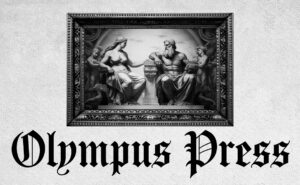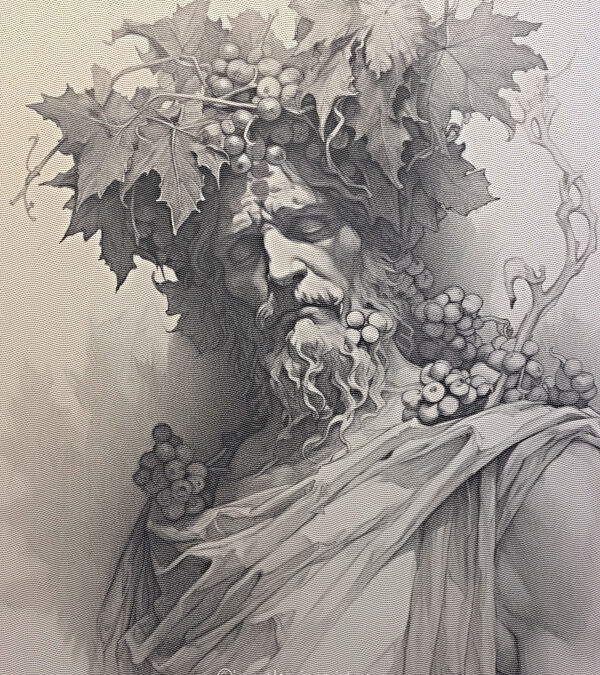In today’s top story, the ancient Greek god Dionysus threw a wild party that got out of hand, resulting in damage to a mortal city.
According to eyewitnesses, Dionysus, the god of wine and revelry, hosted a massive celebration in the city of Thebes. The event was supposed to be a joyous occasion to honor the god, but things quickly spiraled out of control.
As the night progressed, the attendees, who were mostly mortals, became increasingly intoxicated and rowdy. They began to vandalize public property, break into homes, and even start fires.
The city’s authorities, caught off guard by the sudden chaos, struggled to regain control of the situation. They deployed their best efforts to calm the crowds, but their attempts were unsuccessful.
Reports indicate that the damage caused by the party was extensive, with many buildings and public spaces left in ruins. Several citizens were also injured during the chaos, and some are currently in critical condition.
The situation finally came to a head when the city’s leaders decided to take action against Dionysus. They confronted him and demanded that he take responsibility for the destruction caused by his followers.
Dionysus, who had been absent during the worst of the chaos, initially refused to take any blame for the damage. However, after much persuasion, he eventually agreed to help repair the city and compensate the citizens affected by the incident.
The city of Thebes is still reeling from the aftermath of the party, and many are calling for stricter regulations on the behavior of the gods. This event has once again raised concerns about the consequences of unchecked divine power and the potential danger it poses to mortals.
We will continue to monitor the situation and bring you updates as they become available. Stay tuned for more developments on this developing story.
Since the incident, many in the city of Thebes have been calling for greater accountability for the gods and stricter regulations on divine behavior. Some are advocating for the establishment of a council to oversee the actions of the gods and prevent similar incidents from occurring in the future.
Others, however, argue that the gods are beyond mortal control and that attempting to regulate their behavior would only lead to more conflict. They point out that the gods have always had a complex relationship with mortals and that attempting to change that dynamic could have unintended consequences.
In response to the incident, Dionysus has announced that he will be holding a series of events to raise funds for the repairs and compensation to the affected citizens. He has also pledged to work with the city’s leaders to ensure that similar incidents do not occur in the future.
The incident has sparked a broader debate about the role of the gods in mortal affairs and the extent to which they should be held accountable for their actions. It remains to be seen whether this incident will lead to lasting changes in the relationship between gods and mortals, or whether it will simply be seen as an isolated incident.
Regardless of the outcome, one thing is clear: the wild party thrown by Dionysus has left a lasting impact on the city of Thebes and its inhabitants. The road to recovery will be long and difficult, but with the support of the gods and the resilience of the people, the city will undoubtedly rebuild and emerge stronger than ever.
When asked about the incident involving Dionysus and the damage caused to the mortal city of Thebes, Zeus, king of the gods, had this to say:
“The behavior of Dionysus and his followers is concerning, and we cannot ignore the damage that has been caused to the mortal city of Thebes. As gods, we have a responsibility to act with wisdom and restraint, and to consider the consequences of our actions on the mortals who inhabit the world below. I have spoken with Dionysus, and he understands the gravity of the situation. He has pledged to take responsibility for his actions and to work towards repairing the damage caused. Let this incident serve as a reminder to all of us that our actions have consequences, and that we must strive to act with wisdom and compassion towards the mortals who look to us for guidance.”

